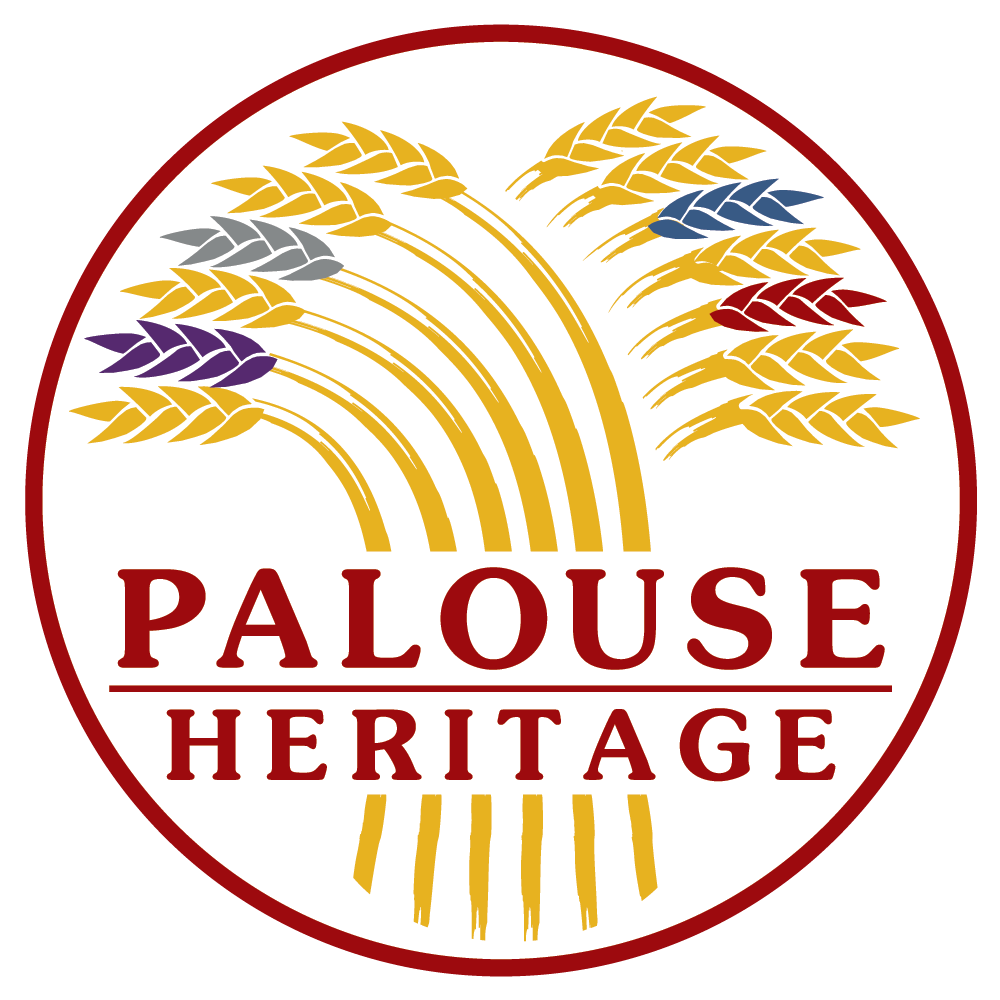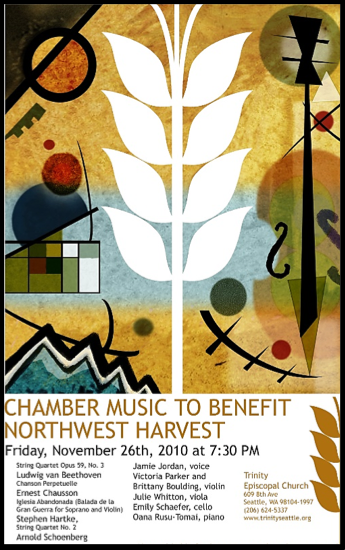Pope John Paul II made explicit reference to farmers’ charitable obligations to the poor during an unprecedented papal visit to the American heartland in October 1979 hosted by the Diocese of Des Moines, Iowa, and the National Catholic Rural Life Conference. The pope celebrated an open air Mass where a vast crowd of some 300,000—the largest in Iowa history, had assembled on a broad hillside at Urbandale, Iowa’s Living History Farms. Local St. Mary’s parishioner Joseph Hays had sent a hand-written letter to the Pope inviting him to witness the church’s “Community in the Heartland” ministry of rural study and outreach. The pontiff’s decision to visit the Iowa countryside led to weeks of preparation by members who broke from customary harvest routines to host the special ecumenical event. Surrounded by area church and civic leaders, the pope led the service from a massive platform fashioned of white oak from a century-old corn crib. The temporary sanctuary was draped with an enormous quilted banner designed by Fr. John Buscemi of Madison, Wisconsin showing a cross with four colorful contoured field patterns symbolizing the seasons. From this peculiar setting, Pope John Paul II delivered a homily urging his hearers “in the middle of the bountiful fields at harvest time” to embrace “three attitudes… for rural life”—humble gratitude, land stewardship, and generosity toward the poor.
Jeff Whitton, Northwest Harvest Poster Art (2010), Columbia Heritage Collection
General Convention of The Episcopal Church Banner, Salt Lake City (2015), Elizabeth DeRuff
American farmers participated more directly in domestic gleaning programs in the 1980s as well as in similar global aid projects. In the wake of the collapse of the Soviet Union, for example, a group of Pacific Northwest growers formed WestWind Ministries in 1991 in response to appeals from newly independent Russian leaders to provide food and medical assistance to schools and orphanages in the Russian Far East. A coordinated effort involving the National Association of Wheat Growers, Washington-Idaho Pea & Lentil Association, and The McGregor Company of Washington, Idaho, and Oregon led to delivery of over a thousand tons of aid to areas in greatest need. Farmers hauled truckloads of wheat for processing into flour while Northwest barley, lentils, and beans were combined into nutritious soup mixes.
When Russian President Boris Yeltsin made an unprecedented visit to Seattle in September, 1994 to report on newly normalized relations between the two countries, he cited “this help in our hour of need” in the context of the food campaign as a key factor in his historic decision. Yeltsin’s gala reception was hosted by Washington Governor Mike Lowry, himself a native of the Palouse Country hamlet of Endicott, Washington, where his father had managed the local grain growers cooperative in the 1950s. Lowry’s dedication to humanitarian causes and migrant farm worker causes was the subject of many tributes following his passing in 2017. Officiant Kacey Hahn of St. Matthew’s Lutheran Church in Renton opened the late governor’s memorial with explicit reference to moral responsibility from Leviticus 23:22: “And when you reap the harvest of your land, you shall not reap your field right up to its edge, nor shall you gather the gleanings after your harvest. You shall leave them for the poor and for the sojourner.”
Penry Williams, Mass for the Reapers (1858), National Museum of Wales
Kansas farmer-philosopher Oren Long has contributed for decades to agrarian periodicals and his local paper, the Valley Falls Vindicator, to offer insight on topics ranging from food security and social unrest to seed rates and meaning in art. In a 1983 New Farm article, Long underscores the vital understanding that rural experience is at once terrestrial and transcendent. “My farm is my refuge from the deception and hopelessness that haunts this intrusive commercial world. …I am an inseparable part of a great biological scheme of things and the greater contribution toward the complexity and harmony of that scheme, the greater will be the beauty of my world and the greater my significance to it.” In this way rural experience is understood to impart beauty to life in ways long expressed by agrarian painters and writers who have shown the abiding value of sowing, reaping, and other “cooperative arts” practiced with attention to land care and the less fortunate.




